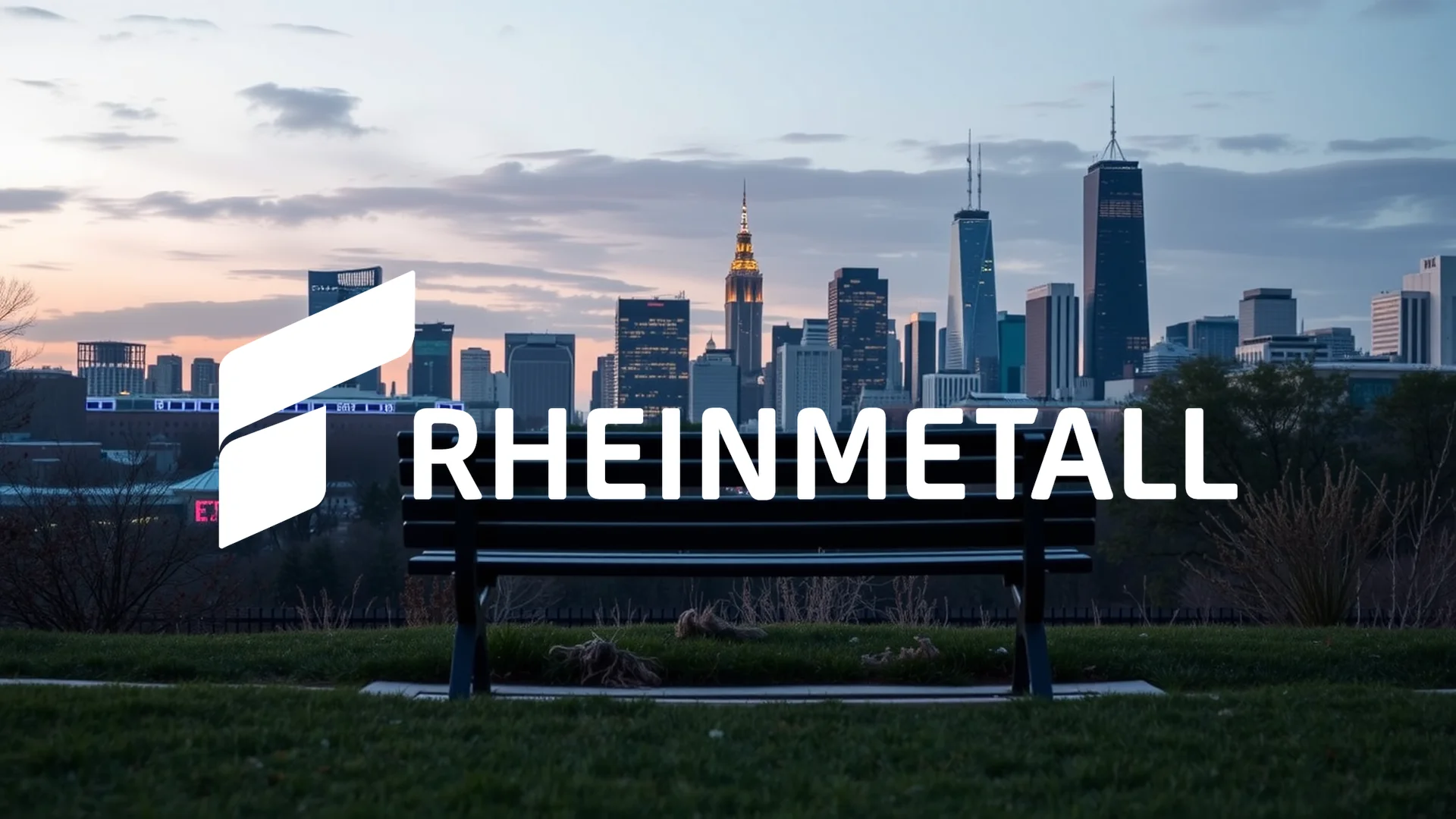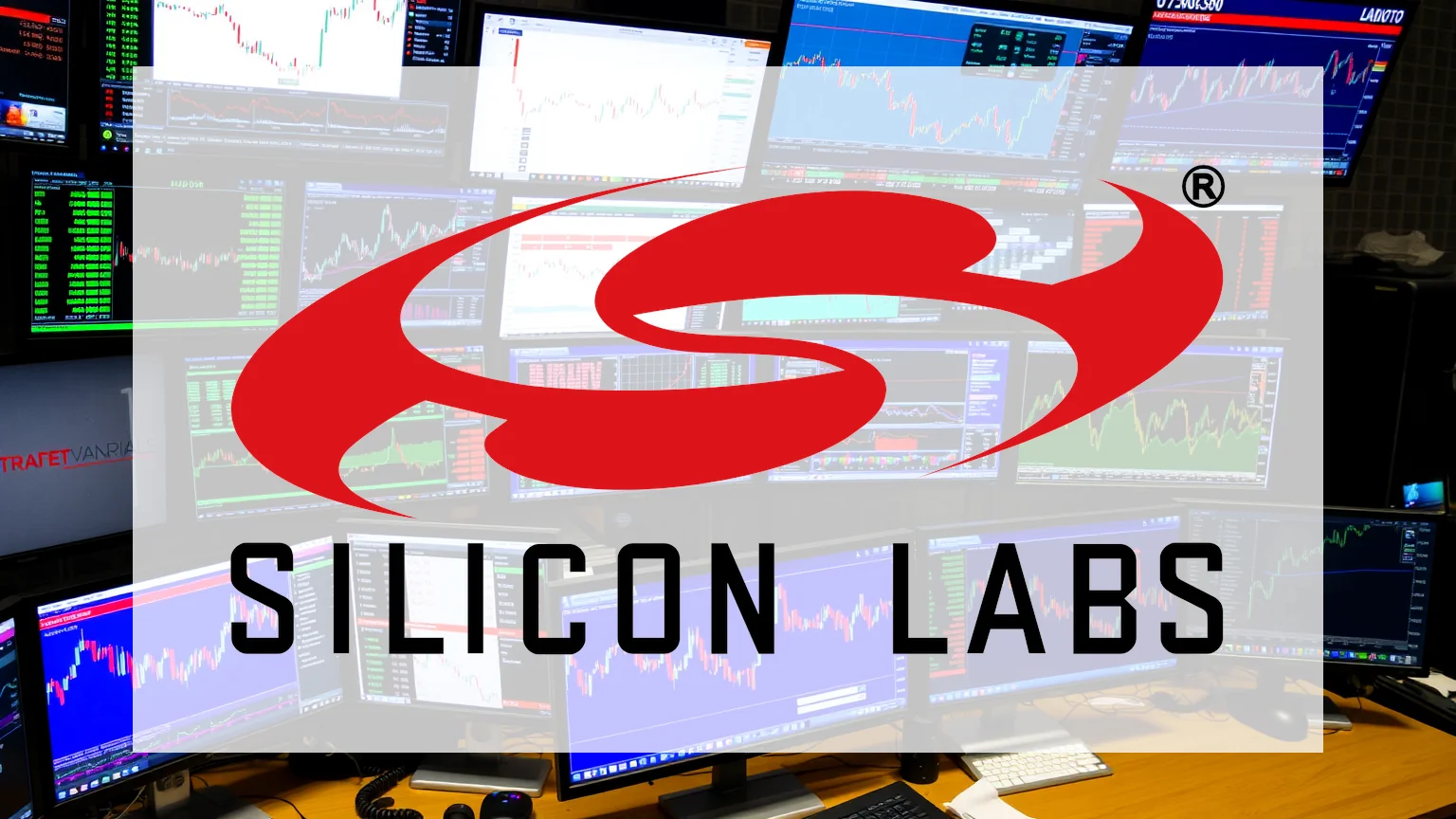Rheinmetall presents a fascinating corporate dichotomy, caught between unprecedented success in one division and profound structural challenges in another. The German industrial group’s defense segment is experiencing historic growth driven by geopolitical tensions, while its automotive unit faces an existential threat from industry-wide electrification. This divergence creates both extraordinary opportunity and significant risk for the Düsseldorf-based conglomerate.
Defense Division Reaches Unprecedented Heights
The ongoing conflict in Ukraine has propelled Rheinmetall’s defense business into a new era of expansion. European NATO members are substantially increasing military spending to meet the alliance’s 2% GDP target, creating massive demand for the company’s specialized military equipment.
Key defense sector strengths include:
– Record order backlogs providing predictable revenue streams
– Substantially higher profit margins compared to automotive operations
– Strategic expansion across Eastern Europe with new manufacturing facilities
This defense boom has prompted massive investments in production capacity and international infrastructure. The company’s strategy relies heavily on long-term government contracts that offer relative stability amid global uncertainty.
Automotive Division Confronts Existential Challenges
While defense operations flourish, Rheinmetall’s automotive business faces radical disruption. Traditionally focused on combustion engine components, this division must completely reinvent itself as the automotive industry shifts toward electrification.
The company’s response involves significant investment in fuel cell technology and electric mobility components. However, this transformation requires substantial capital expenditure while carrying considerable execution risk. The critical question remains whether traditional revenue streams can sustain the division until new technologies become profitable.
Should investors sell immediately? Or is it worth buying Rheinmetall?
Regulatory and Cyclical Pressures Compound Challenges
Operating as a defense contractor places Rheinmetall in a complex regulatory environment where export controls and licensing requirements can halt billion-euro projects overnight. The company’s dependence on government customers creates vulnerability to budget cuts or political shifts.
The automotive division faces different challenges, particularly sensitivity to economic cycles. This cyclical vulnerability comes at the worst possible time, as the division undergoes its most significant transformation in history.
Market performance reflects this corporate dichotomy: Rheinmetall shares have delivered an impressive 188% annual gain, demonstrating investor enthusiasm for defense prospects. However, a recent correction of more than 8% from 52-week highs indicates growing market uncertainty about the company’s dual trajectory.
Divergent Valuations Reflect Market Assessment
Market experts generally maintain positive outlooks on Rheinmetall, but valuation metrics reveal the underlying tension. The defense segment commands growth premiums, while the automotive division trades at cyclical multiples. This valuation gap could become problematic if geopolitical tensions ease or if the automotive transformation encounters significant obstacles.
The fundamental question facing management is whether they can successfully capitalize on defense sector growth while simultaneously navigating the complex transition to electric mobility in their automotive operations. This balancing act will determine whether Rheinmetall emerges stronger from its current period of transformation or becomes constrained by its divergent business units.
Ad
Rheinmetall Stock: Buy or Sell?! New Rheinmetall Analysis from February 7 delivers the answer:
The latest Rheinmetall figures speak for themselves: Urgent action needed for Rheinmetall investors. Is it worth buying or should you sell? Find out what to do now in the current free analysis from February 7.
Rheinmetall: Buy or sell? Read more here...










